With the release of The New Mutants on streaming, Fox’s X-Men franchise has truly concluded. The franchise was decidedly uneven. It struggled with some classic characters like Cyclops and Storm, but it did well with others. While Ian McKellen and Michael Fassbender earned a lot of deserved praise for their portrayals of Magneto, it is worth singling out one of the franchise’s most interesting and underrated interpretations of a classic X-Men character: James McAvoy’s Professor Charles Xavier.
As originally conceived by Stan Lee and Jack Kirby, Professor Xavier was more of a plot function than a character. He was the owner and headmaster of the Xavier School for Gifted Youngsters, responsible for corralling the teenagers who made up the team. His psychic powers were used to coordinate the young mutants but also posed a variety of plotting problems. Theoretically, there were few problems that Xavier couldn’t solve using his psychic gifts.
As such, Xavier traditionally fell into the role of the responsible adult whose job it was to act as a foil to the active protagonists of the book. It is no surprise that Xavier has been killed off (and retired) several times over the decades, as he was never truly the focus of the stories. This is obvious even looking at the cinematic X-Men trilogy; X-Men, X2, and X-Men: The Last Stand each incapacitate or remove Patrick Stewart’s Professor Xavier before the eponymous team enters the third act.
However, as played by James McAvoy, Charles Xavier is an active protagonist of the rebooted films that followed the third X-Men. He is recruited by the CIA as an expert on mutants in X-Men: First Class and ends up putting together a team to fight the Hellfire Club. His crisis of faith is a major plot point in X-Men: Days of Future Past. He plays a major part in fighting Apocalypse (Oscar Isaac) in X-Men: Apocalypse. Xavier brushes up against both respectability politics and superhero conventions in Dark Phoenix.
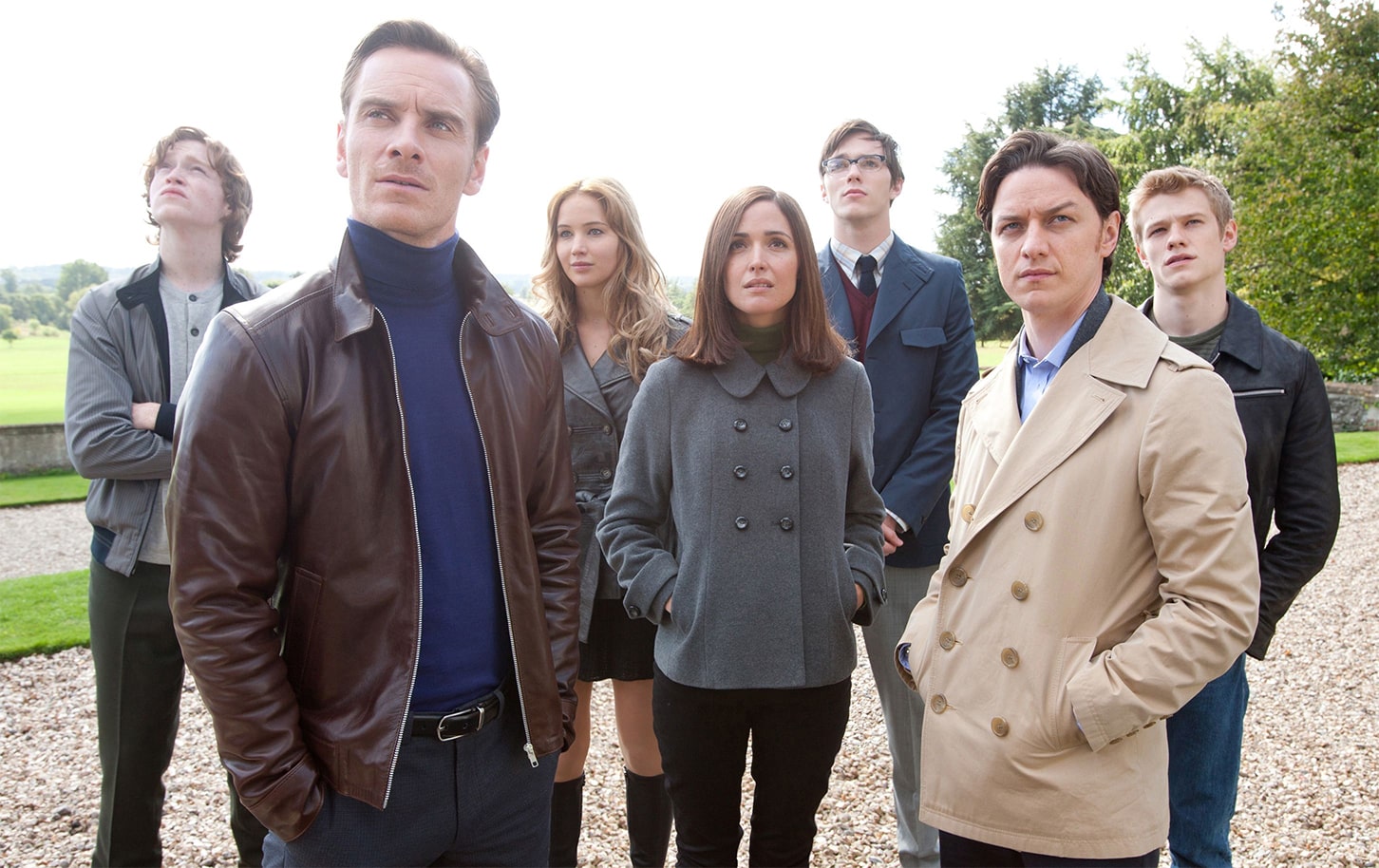
In the original trilogy, Charles Xavier was largely presented as a paragon of virtue. After all, he was played by Patrick Stewart, best known for his work on Star Trek: The Next Generation. The version of Charles Xavier featured in X-Men and X2 was benignly paternalistic. There was no doubting that he had the best interests of everyone at heart. In contrast, the rebooted X-Men films offer a deliberately flawed and ambiguous interpretation of Charles Xavier.
The idea of a “flawed” Professor Xavier was nothing new in the comics, despite the presentations of Xavier in mass media such as X-Men: The Animated Series and the original X-Men franchise. Writer Chris Claremont suggested that Xavier had crossed ethical boundaries as a young man, sleeping with a patient and fathering a son. The ‘90s crossover Onslaught was based around the idea of the character’s unleashed “dark side.” Deadly Genesis retconned a dark secret into the franchise’s roots.
First Class offers something a little more nuanced and more engaging. One of the clichés of the X-Men franchise is that Professor X is the Martin Luther King Jr. to Magneto’s Malcolm X. Though a popular point of comparison, this is a crass analogy. It relies on a grossly oversimplified, if not “entirely inaccurate,” representation of both King and Malcolm X, tied into the larger issues with using the X-Men as a direct stand-in for an oppressed minority group. It is also likely unintended.
Still, Xavier and Magneto agree on a common cause of the advancement of mutant rights. However, while Magneto embraces violence as a means to that end, Professor X believes in peace between mutants and humankind. Indeed, Xavier is a “model minority,” training an army of mutant children to risk (and even sacrifice) their lives to protect “a world that hates and fears them.” It makes sense that Xavier appears a saint, particularly when compared to “mad old terrorist twat” Magneto.
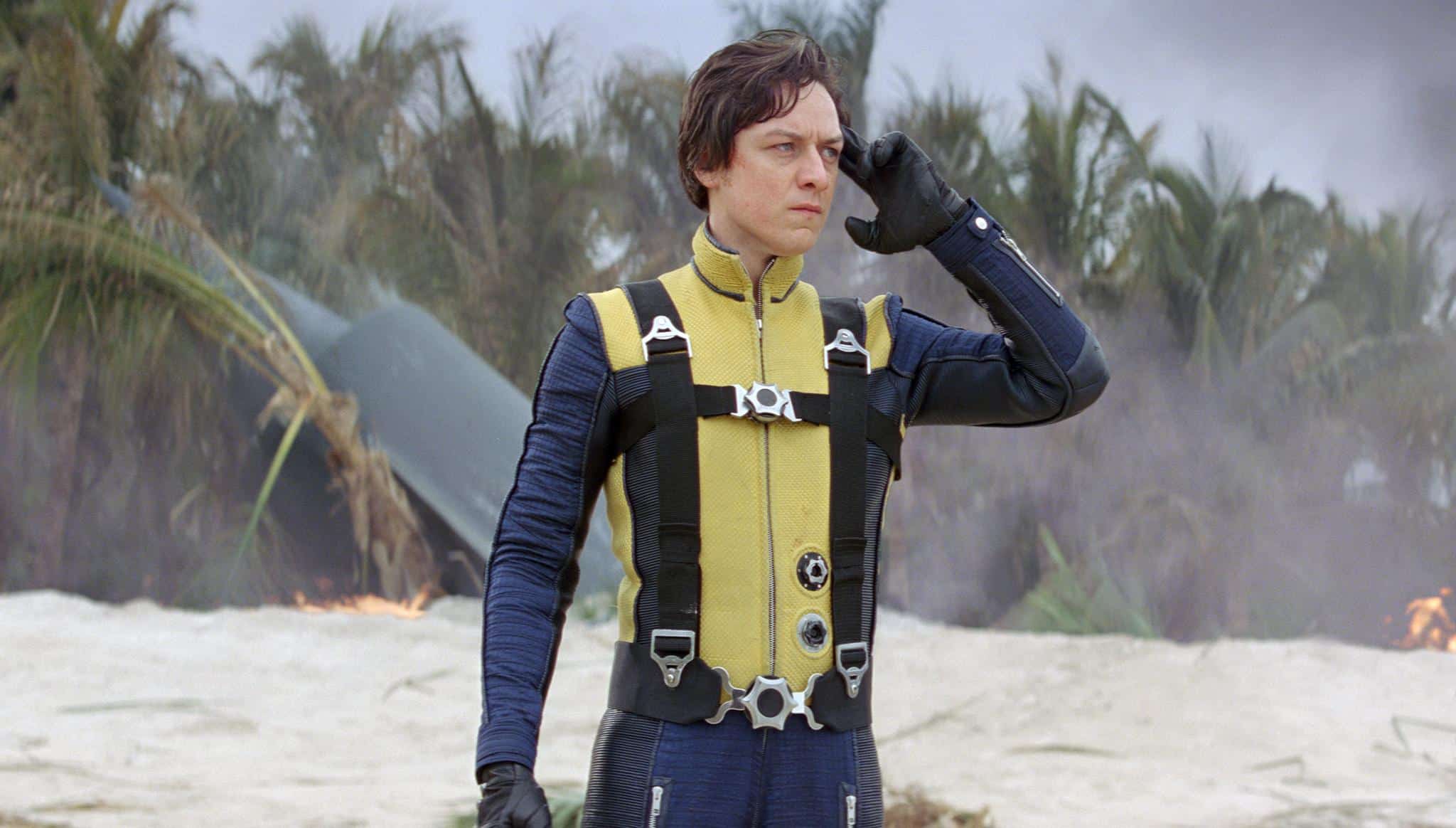
First Class and the movies that followed dared to explicitly question and challenge Xavier and to blur some of the boundaries between Xavier and Magneto. Part of this simply comes from treating Xavier as a person rather than a paragon. In the X-Men prequels, Xavier is allowed to have human failings — to be judgmental in First Class, to indulge in self-pity in Days of Future Past, to feed his pride in Dark Phoenix. He feels like a three-dimensional character, rather than a simple plot function.
First Class is arguably dominated by Michael Fassbender’s performance as Magneto, which makes sense given the film’s contested origins in an aborted solo film for the character. It is Magneto who drives the plot of the film, which opens and closes from his perspective. Fassbender offers a more human take on the character. While the film’s characterization of Xavier is more subtle, it is similarly nuanced and complicated. If Magneto becomes more human, Xavier becomes more uncanny.
The film doesn’t just complicate Xavier himself, but it also complicates his motivations and his perspective. Taking a cue from Grant Morrison’s New X-Men run, First Class has Xavier read a brief snippet of his thesis explaining that historically “the arrival of the mutated human species in any region was followed by the immediate extinction of their less-evolved kin.” The inference is obvious. Xavier believes that mutants shall inherit the earth.
This simple statement of fact recontextualizes a lot of Xavier’s character. Xavier doesn’t believe in peaceful coexistence as a sustainable model for human and mutant relations; he believes that it will minimize the harm that humanity will cause to mutants in its death throes. It’s a calculated choice as much as a moral principle, one reflected in the bunker that Charles’ stepfather had built beneath the mansion “to withstand a nuclear bomb.” Xavier believes that mutants can simply wait out mankind.
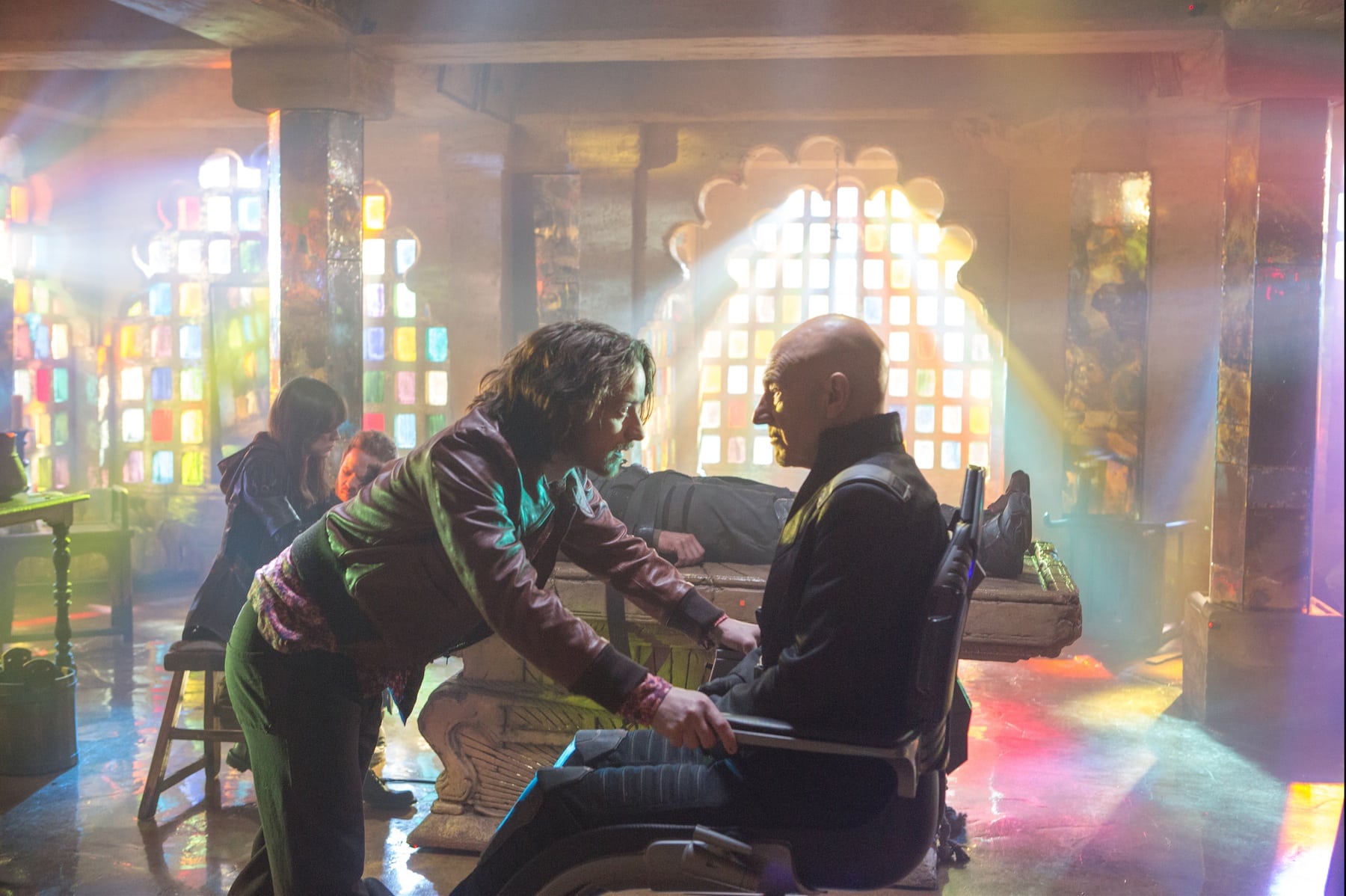
First Class presents Xavier as a man with all the advantages. He inherited a lavish estate, studied at Oxford, has a gift that allows him to effortlessly integrate and ingratiate himself. His experiences are contrasted with those of his surrogate sister Raven (Jennifer Lawrence) who works as a barmaid and whose natural appearance is more alien, as well as with Magneto who survived a concentration camp as the subject of Nazi experimentation. Of course Xavier believes confrontation can be avoided.
First Class repeatedly emphasizes Xavier’s privilege. He casually reveals that Hank McCoy (Nicholas Hoult) is a mutant without considering what it might mean for the young man’s career. He works with the CIA on a tool to track down and identify mutants before Magneto points out how it could be used against them. He casually uses his powers to wipe the minds of others, including Moira MacTaggert (Rose Byrne) in a manner that recalls the creepy “kiss of forgetting” in Superman II.
By Dark Phoenix, Xavier is happy to risk the lives of his students to grant himself prestige. It’s hard not to side with Magneto’s critique of Xavier — “There’s always a speech.” Indeed, Raven’s character arc suggests that there is not a binary choice between Xavier and Magneto. Over the course of the films, especially Days of Future Past, Raven rejects both Xavier and Magneto’s perspectives. She charts her own course. Even when she joins the X-Men, she spends a lot of time calling Xavier out.
The X-Men are an imperfect metaphor for oppression, for obvious reasons. With respect to Allen Ginsberg, protestors cannot levitate the Pentagon, but Magneto can levitate a stadium. Still, the portrayal of Charles Xavier in the rebooted X-Men films updates this metaphor to reflect a rapidly changing world. If the X-Men franchise is a metaphor about systemic oppression, it makes sense to incorporate the debate around what the response to that should look like.
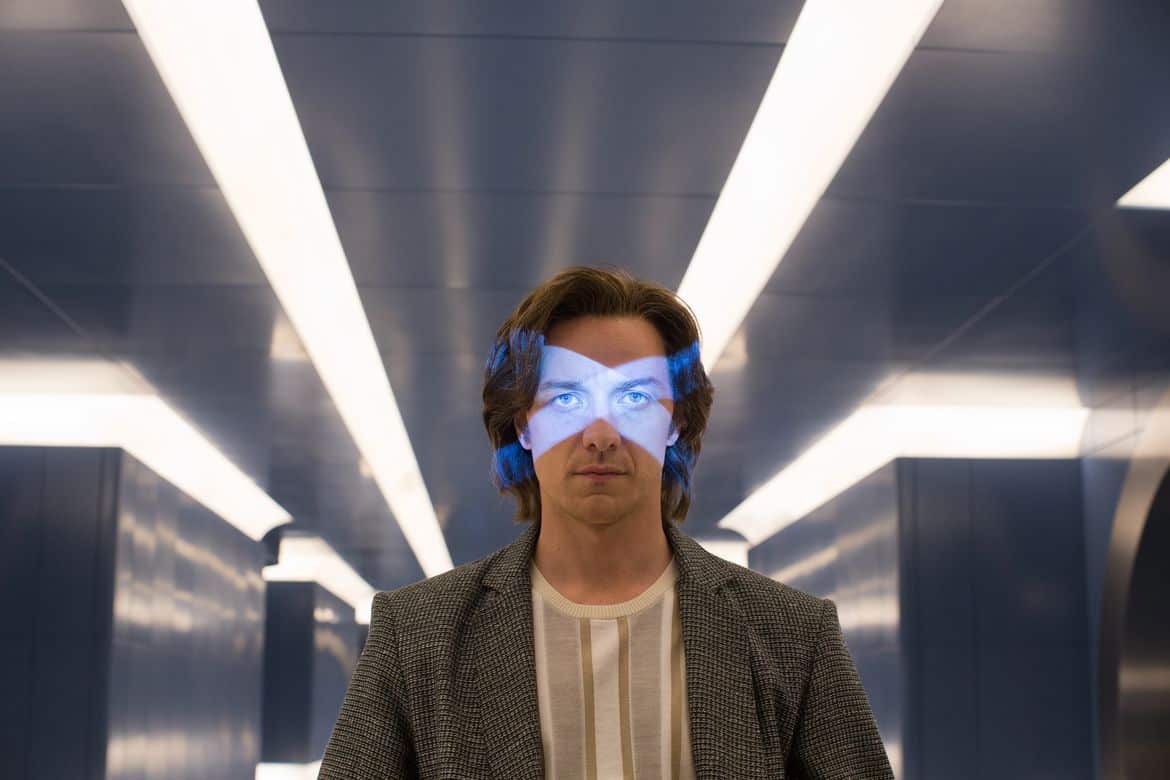
Xavier has historically been presented as a paragon of virtue. Though tasteless and inaccurate, the comparison to Martin Luther King is revealing; traditionally, Xavier has reflected the bowdlerized version of Martin Luther King presented in historical narratives rather than the more challenging figure himself. Crucially, Xavier represents a very privileged sort of mutant activism, one that prioritizes the comfort and safety of those who persecute ahead of the persecuted themselves.
One of the big debates in contemporary politics is about how best to deal with issues like systemic oppression. Xavier has historically offered a model that is “nothing more than respectability politics.” In Dark Phoenix, he even seems to want to reinvent the team as generic superheroes, recalling the “color-blind” or “post-racial” rhetoric of the 1980s and 1990s. Recent years have seen many activists challenging the efficacy of this approach, so it seems fair to challenge Xavier as well.
The past decade has seen a re-emergence of white supremacy into the mainstream, with many framing this resurgent racism as a reaction to visible advances made by minorities — the argument that if Barack Obama was notable as the first black president, then Donald Trump was a response. To bring it back to Xavier’s thesis, studies indicate that these reactionary politics are also stoked by suggestions that the demographic makeup of the United States might shift in favor of minorities.
The X-Men prequels offered a complicated take on Charles Xavier, a version of the character reflecting a world that had changed dramatically since the character was introduced in the ‘60s. While the films around him — especially Apocalypse and Dark Phoenix — are messy and uneven, McAvoy’s performance taps into this. He creates a much more ambiguous protagonist than X-Men fans are used to. Professor Xavier might have always been a jerk, but he was rarely so compelling.

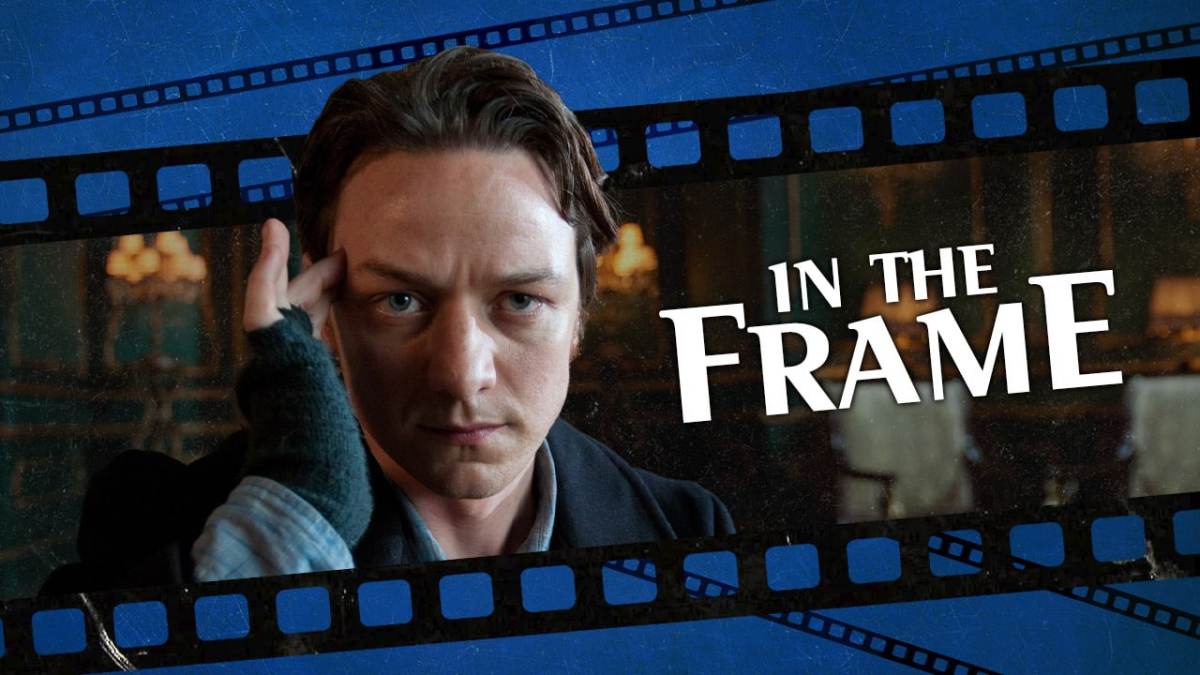




Published: Nov 20, 2020 11:00 am